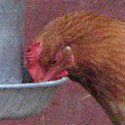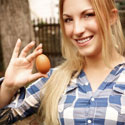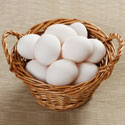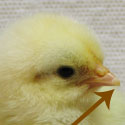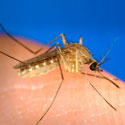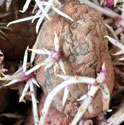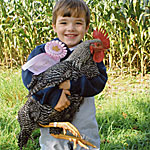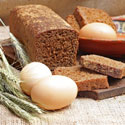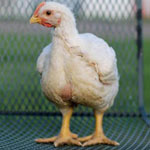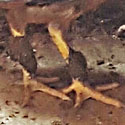
Anyone who has had chickens for more than a few days soon discovers that they will eat or trample all the vegetation growing near their coop, eventually turning lush grass into bare soil. In a rainy climate, or during times of unusually heavy rainfall, the soil can rapidly become a sea of mud in which […]
Continue Reading
